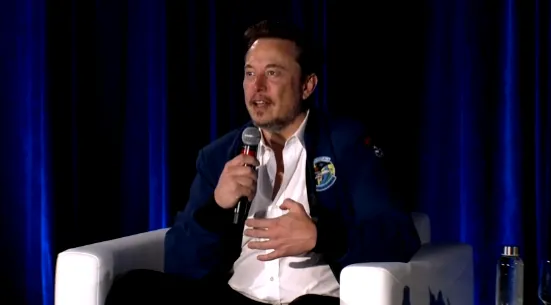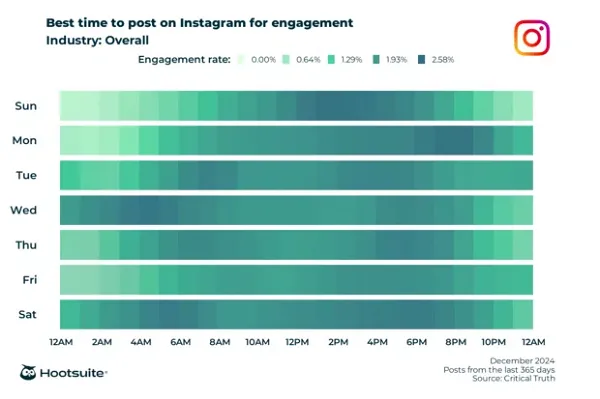As the months continue on, we are getting closer and closer to living in what people are referring to as a “post-pandemic world.” This doesn’t mean we aren’t still dealing with COVID or its ramifications. The pandemic permanently changed so many different aspects of our society—including the way we integrate technology, socialize, run our businesses, and more.
Massive shifts in the way we work and how we think about employment have led to “The Greats”—The Great Resignation, The Great Reshuffle, and so on. And these movements have caused a reactionary bidding war for talent, with companies revamping their benefits and work environments to appeal to talent. So how are CEOs responding?
The current “great debate” between CEOs is whether or not companies should return to the office. There are varying opinions across the board. Some insist that staff are more productive in an office environment, and while this might be true for some industries, these overarching statements are rarely accurate when applied broadly. While those who work in hospitals or in other roles where in-person work is a necessity are exempt from these conversations, many others who hold office jobs do not understand the impetus for returning to the office when they’ve sufficiently completed their work from home for the last two years.
Those who are forced into work environments that don’t appeal to them or feel necessary—like returning to the office after working remotely for two years—are more likely to take part in the Great Resignation. And CEOs are weighing in.
What CEOs Are Saying
Martin Birch, CEO of ibml, an intelligent document processing solutions company, believes that we should reframe the Great Resignation and transform it into the Great Reinvention.
“People are reassessing what is important to them. This has very important ramifications for the future of work and the future of in general. People can say millennials want free food and gyms at their offices, but this is overly simplistic,” Birch explains. “We really can’t say that every person in a particular generation wants the same things (and these things are not benefits as much as they are parts of company culture). The reality is that people in 15-20 years will want the same things they want today, but it’s up to the workplace to adapt and give the individuals what they need, especially if they want the right people to be working for them.”.
Other CEOs highlight the importance of emotional intelligence and compassion in leadership teams and executives. For example, TH Hebert, CEO of Semarchy, a data integration company emphasizes the importance of compassion and the role it plays in company structures.
“To be an executive, you have to be compassionate,” Herbert says. “Compassion runs throughout everything, and without it, you can’t do the job well. There are many good examples of leaders who lack compassion, and it doesn’t end well. That is not the way you should approach the world. You have to be compassionate to your employees and customers.”
Compassion helps leaders see the uniquely human perspectives of their employees, assists in their ability to empathize and relate to employees’ problems, and creates a more supportive work environment overall. Reframing the Great Resignation as the Great Reinvention while cultivating compassion for what your employees are processing in our “new normal” will be core tenets for leaders moving forward.
Have you read?
Best Business Schools In The World For 2022.
Best Fashion Schools In The World For 2022.
Best Hospitality And Hotel Management Schools In The World For 2022.
Best Medical Schools In The World For 2022.
Track Latest News Live on CEOWORLD magazine and get news updates from the United States and around the world.
The views expressed are those of the author and are not necessarily those of the CEOWORLD magazine.
Follow CEOWORLD magazine headlines on Google News, Twitter, and Facebook. For media queries, please contact:
info@ceoworld.biz






































































